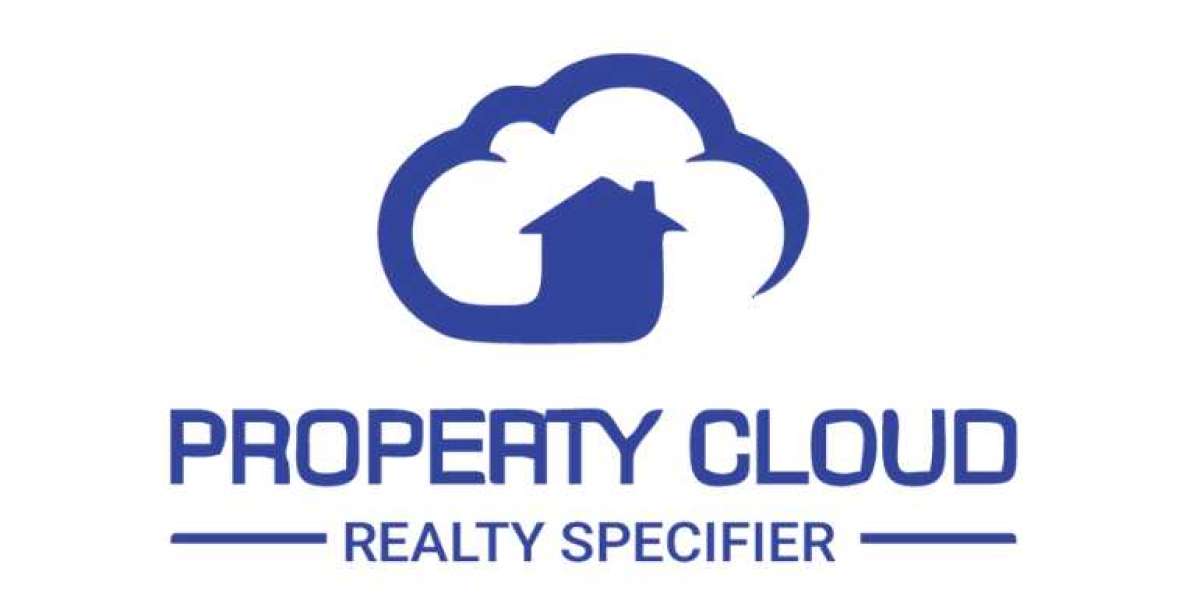What Is the Freehold Property?
Freehold property is a type of property ownership where the owner has full rights and ownership over the land and any buildings or structures on the land. This means that the owner of the freehold property can do whatever he or she wishes with the land, including selling, leasing, developing, or sub-dividing it. Unlike other forms of land ownership, freehold property does not require a landowner to pay rent or fees to a third party. The owner also has a right to let the property and to receive rental income from it.
For the freehold investment, location is the key to getting better ROI on the investment. Research on which city is best for live a work will help you in selecting the location.
What Is the Leasehold Property?
Leasehold property is real estate owned by a landlord but leased to a tenant. The tenant is then granted the legal right to use the property for a stated period. The tenant can use the property for a variety of purposes, including living in it, running a business, or renting out the space. After the agreed-upon period is up, the tenant must return the property to the landlord or renew the lease. Leasehold property offers a variety of advantages and disadvantages to both landlords and tenants depending on the particular situation.
Ownership: Freehold Property
Owning a freehold property means that you own both the building and the land it stands on, giving you complete ownership. This means you don’t have to pay any rent to a landlord and have the right to keep the property for as long as you wish. But buying a good property needs research and guidance. You can refer to some blogs where you will get the answer to how to buy a new house.
Ownership: Leasehold Property
Leasehold property refers to a type of ownership where the owner is granted certain rights to occupy and use the property for a certain period. The owner of a leasehold property is typically the tenant, while the landlord holds the leasehold interest.
Period of ownership: Freehold Property
One of the biggest benefits is the period of ownership of the property. Most freehold properties come with an indefinite period of ownership, allowing the owner to stay in their property for as long as they wish.
Period of ownership: Leasehold Property
The ownership of a leasehold property is time-limited. The lease period is usually set for a predetermined number of years, and during this period, the tenant has the right to occupy and use the property. After the term of the lease expires, the tenant must surrender the property to the landlord unless the lease has been extended.
Rights: Freehold Property
Owning a freehold property is a major investment decision and it is important to understand the period of ownership involved. Freehold properties allow you to own a property in its entirety, with no restrictions on your usage or occupation.
Rights: Leasehold Property
Your rights as a leasehold property owner include the right to occupy the property, the right to assign or transfer the lease, the right to have exclusive possession, and the right to quiet enjoyment. In addition, you also have the right to receive fair rent and to receive an annual statement of accounts from the landlord. Finally, you also have the right to a range of maintenance and repair services from the landlord. All these rights are important for the successful ownership of any property.
Things You Need to Buy for Your New Home: The Complete Checklist
Maintenance and damage costs: Freehold Property
Owning a freehold property has its own set of challenges when it comes to maintenance and damage costs. Freehold owners are solely responsible for all the repairs, renovations, and upkeep of their property. This includes any structural damages or defects, external surface dirt and grime, pest control, and clearing of debris.
Maintenance and damage costs: Leasehold Property
This can be a great investment but comes with a range of associated costs. It is important to consider both the maintenance and damage costs when considering buying a leasehold property. Maintenance costs can vary depending on the age and condition of the property and include regular maintenance such as repairs and redecoration, and larger jobs such as replacing boilers or roofs.
Restrictions to use the property: Freehold Property
A freehold property comes with certain restrictions, which property owners should be aware of. These restrictions can vary from state to state and from municipality to municipality. Generally, freehold properties are subject to zoning laws, building codes, and public regulations. This means that any construction or alteration of the property must comply with the regulations set forth by the municipality where the property is located.
Restrictions to use the property: Leasehold Property
This is a type of estate in which the tenant holds legal rights over their property but must pay a set fee (known as rent) to the landlord for the number of years specified on the lease. Generally, the landlord retains ownership of the property and can place restrictions on how it is used. Depending on the terms of the lease, the tenant may be restricted from making alterations or improvements to the property, subleasing, or using it for a certain purpose. It is important to understand the restrictions of a leasehold property before deciding to purchase or rent it.
Availability of bank finance: Freehold Property
Availing finance from a bank to purchase freehold properties has become increasingly accessible in recent years. Most banks offer loans to buy a freehold property, ranging from 80-90% of the purchase price. These loans are generally available for residential, commercial, and industrial properties.
Availability of bank finance: Leasehold Property
Bank finance for leasehold properties is available but often at higher interest rates than a freehold property. This is because the title on a leasehold property is not as secure as that of a freehold property, and banks often view leasehold properties as higher-risk investments.
The Final Verdict: Decoding the Distinctions Between Freehold and Leasehold Property
Freehold and leasehold are two different types of property ownership. Freehold is when the owner owns the property outright, while leasehold is when the owner leases the property from another party. For buying any type of property, research is most important for better location selection, price, and other facilities. You can consult with property experts or can research on your own with the help of books, research material, blogs, and buying guides available on different websites. There are pros and cons to each type of ownership, so it’s important to understand the differences before making a decision.








